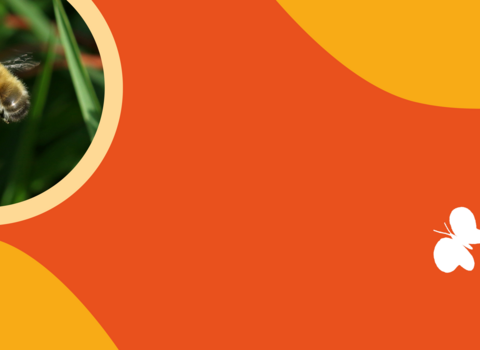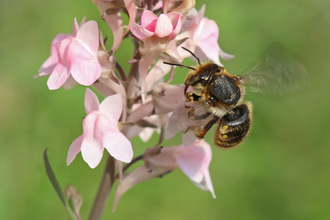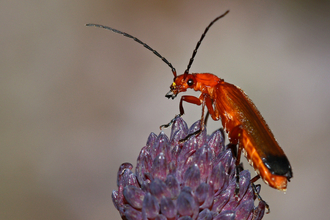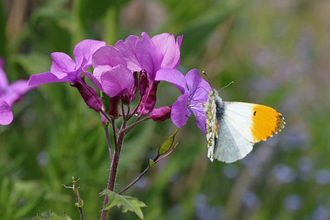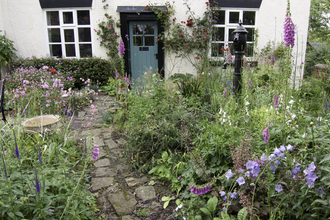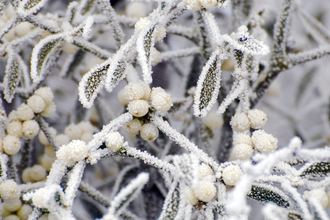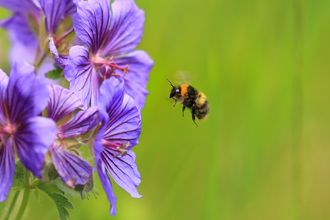Please help Worcestershire’s insects
With their small stature, insects can often be overlooked. However, these creatures lead truly extraordinary lives. Dainty butterflies battle the elements across continents, beetles recycle nutrients from dead matter to support new life and growth and dragonflies and damsels view the world in ultra-high definition.
Not only do six-legged species have amazing capabilities, they’re also essential in supporting ecosystems. Birds, bats, amphibians, reptiles, small mammals and fish all rely on insects as a food source and plants are dependent on the efforts of pollinators and nature’s recycling team.
However, with the increased use of pesticides and preference for tidy lawns and hedgerows, habitats for these small creatures are declining in number and quality. So much so, that 41% of insects now face extinction.
The loss of insects would not only have a devastating impact on the natural world but would also affect us; with three out of four crops requiring pollination, our food security is also at risk.
Now more than ever, insects need our help.

Red admiral © Wendy Carter, common darter © Jill Orme and sexton beetle © Richard Burkmar
How can you help?
1. Create habitats for insects by leaving lawns, hedgerows and verges a bit wilder and planting supporting species where you can
2. Stop using harmful pesticides and chemicals
If we all do our bit where we can, insects will have the stepping stones to move through landscapes and have places to feed along the way. This allows the diversity and abundance of species to bounce back.
Need some advice on how to get started? Visit our gardening for wildlife section for our top tips on creating spaces for these small creatures on your patch.
By working together, we can help Worcestershire’s gardens and greenspaces start to flutter, buzz and crawl with life once again.
Do nothing for insects during winter
With the blooms of spring and summer long gone, gardens adopt different features over winter; dried seed heads, leaf litter and log piles. Whilst to some, this may appear untidy, nature has a way of making the most of what's on offer. Green shieldbugs will nestle amongst fallen leaves, ladybirds will hibernate in hidden nooks and crannies and patchwork leaf-cutter bees will lay eggs within hollow plant stems.
Although out of sight, we'd like you to keep insects in mind in winter too. By leaving plant debris as it is on your patch, you'll help bees, beetles and butterflies to flourish come spring and summer.
Read the evidence
Professor Dave Goulson has compiled some of the best available evidence of insect declines in the below reports, along with recommending a series of actions for insects that can be taken by all levels of society.

